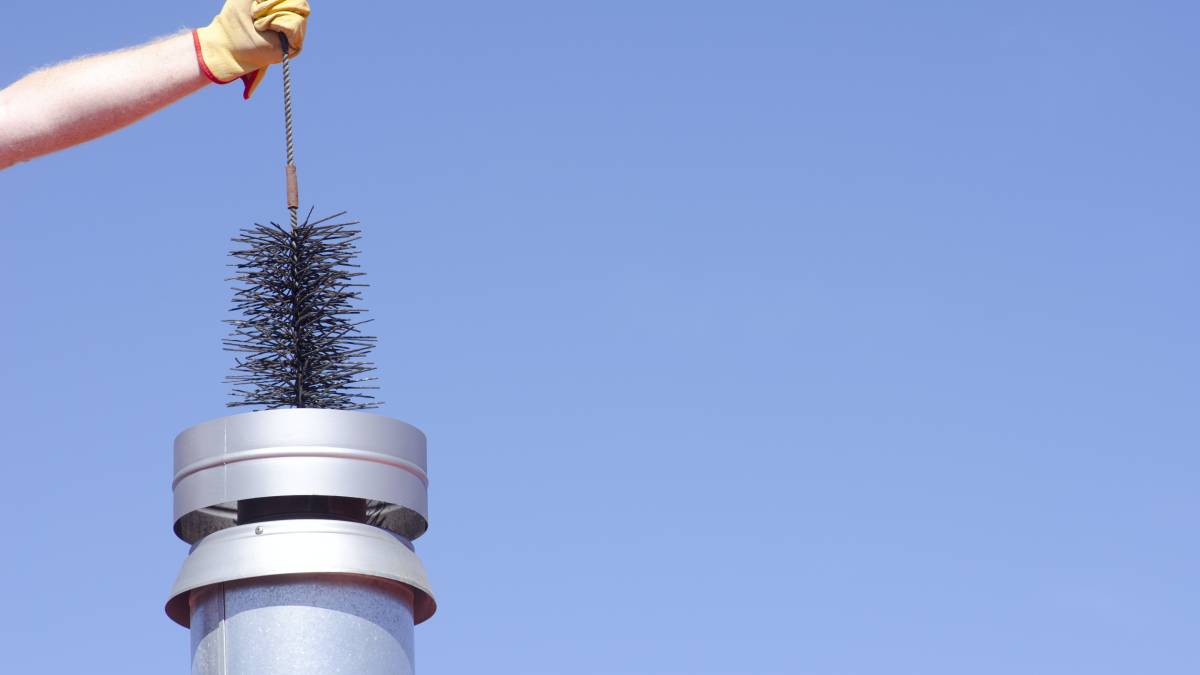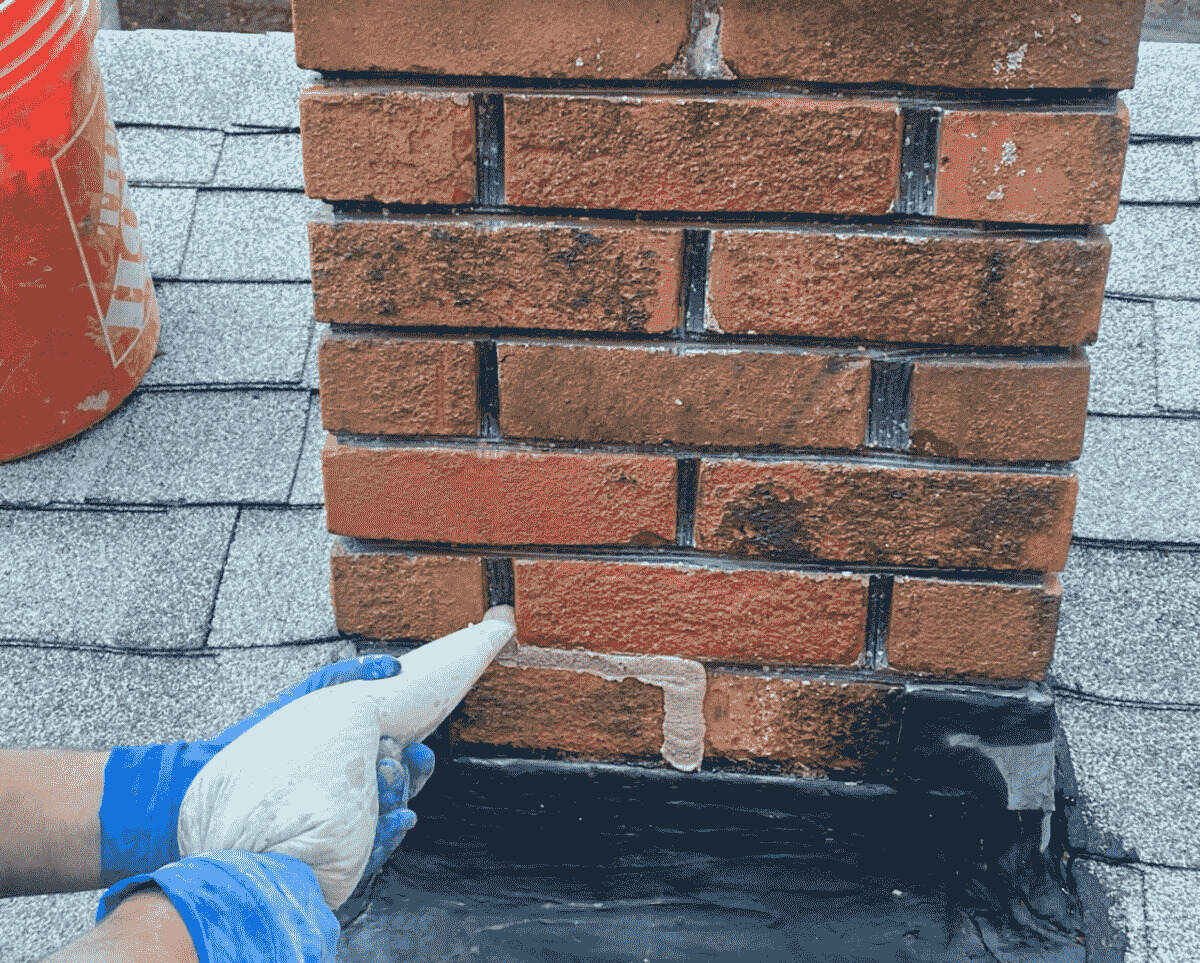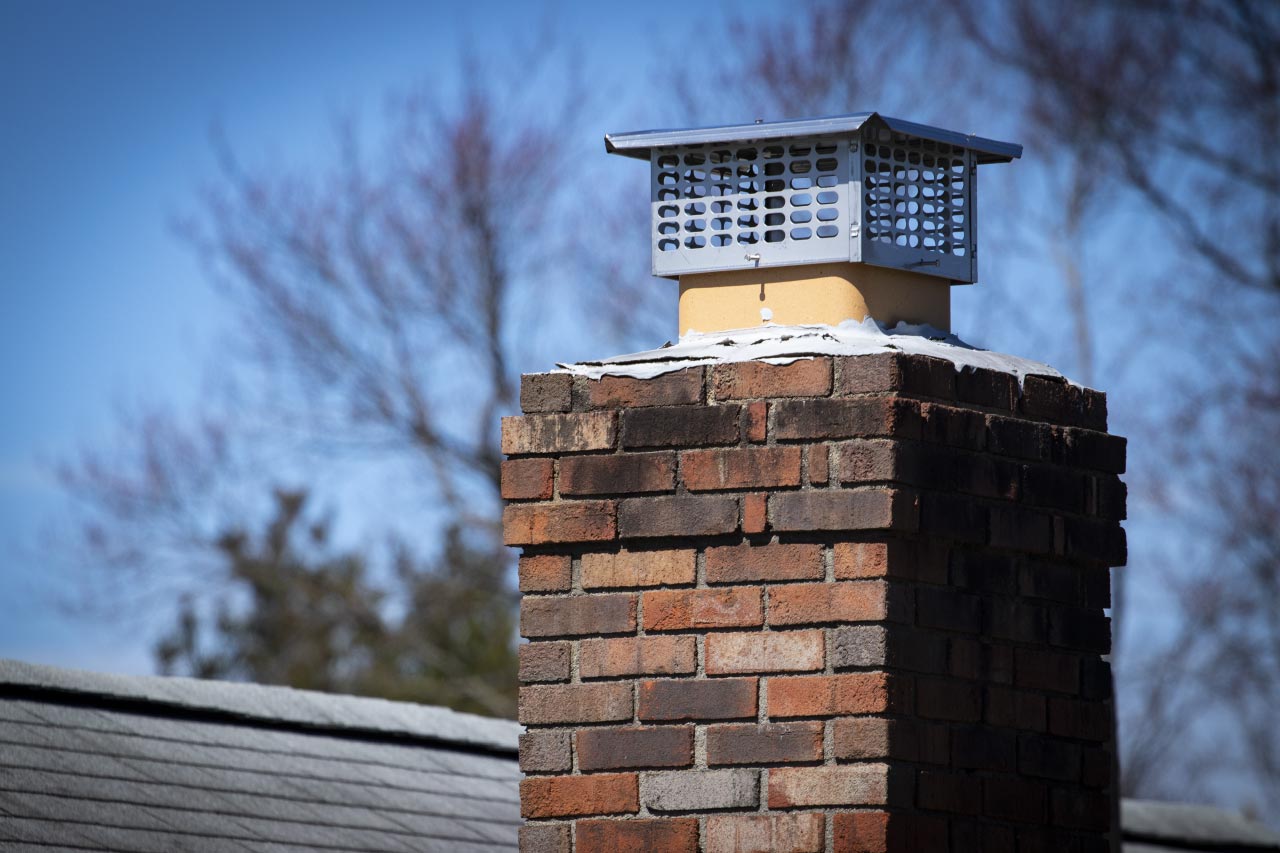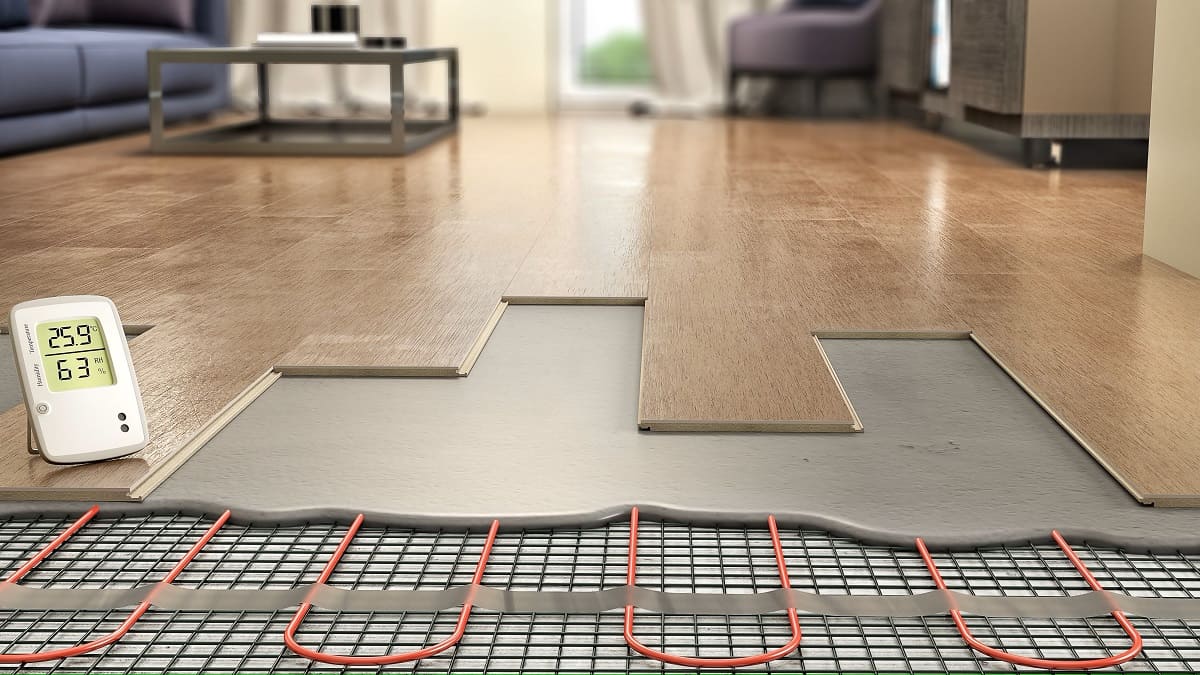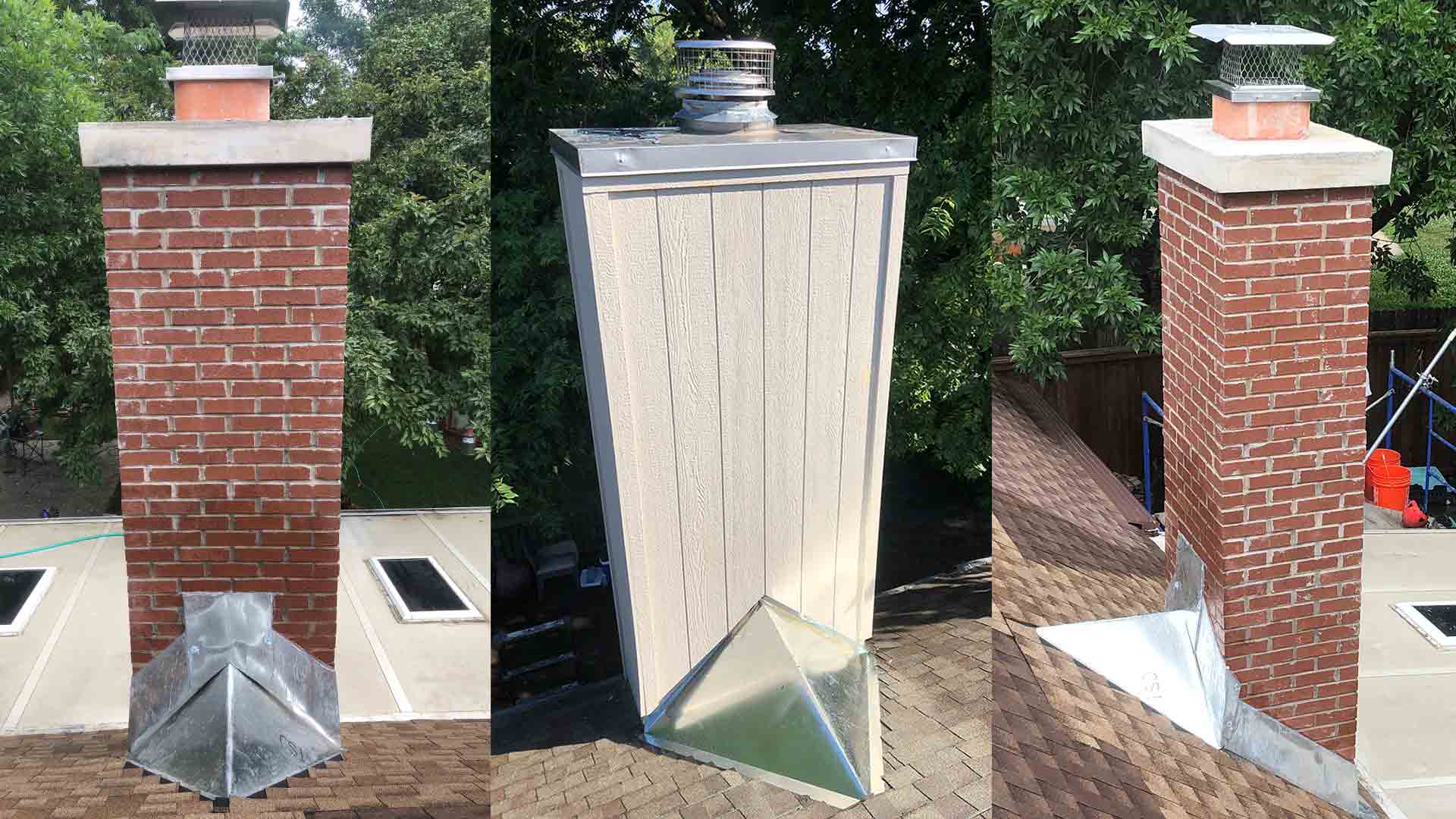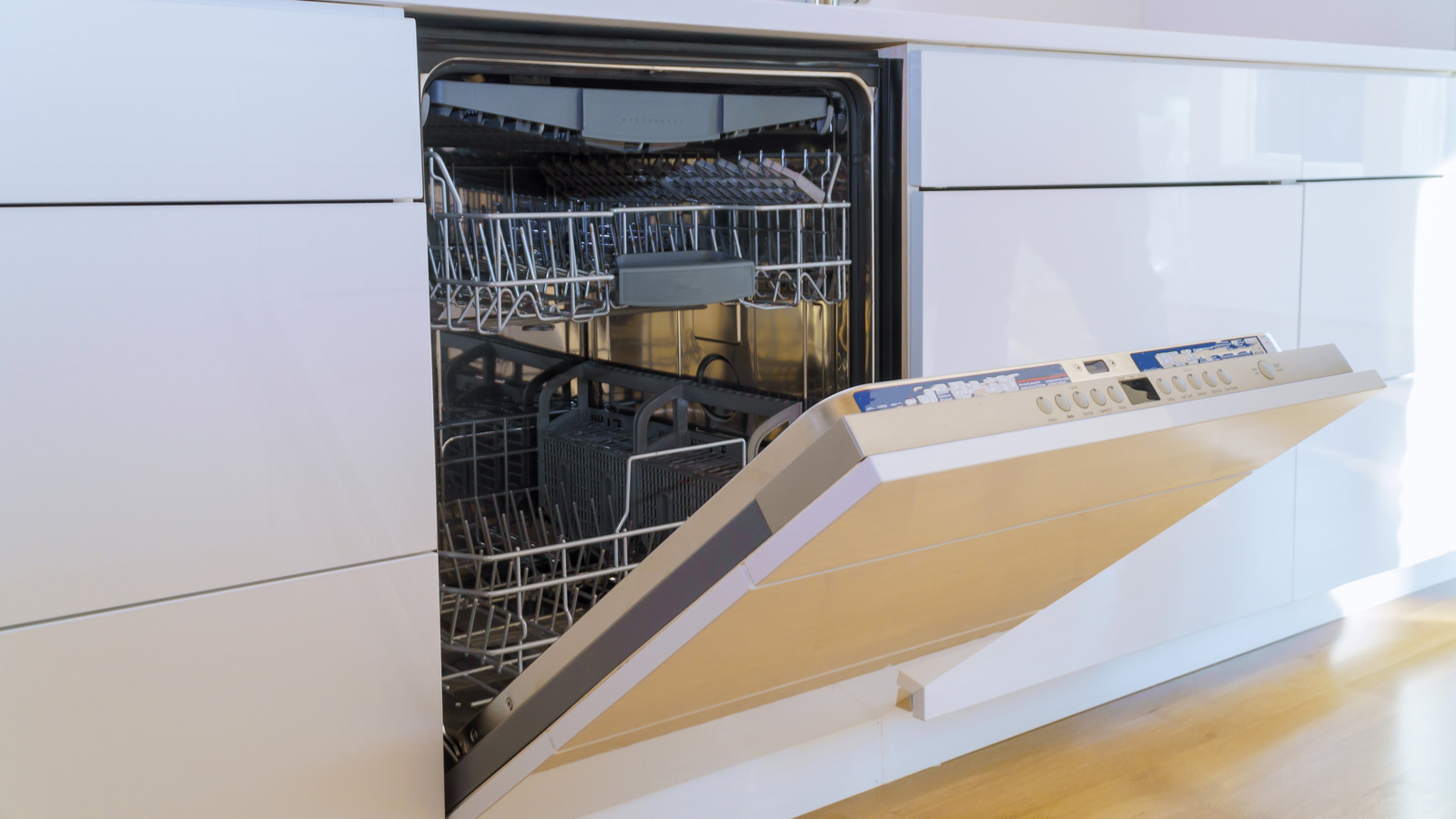Home>Home Maintenance>How Much Does Catalytic Converter Repair Cost
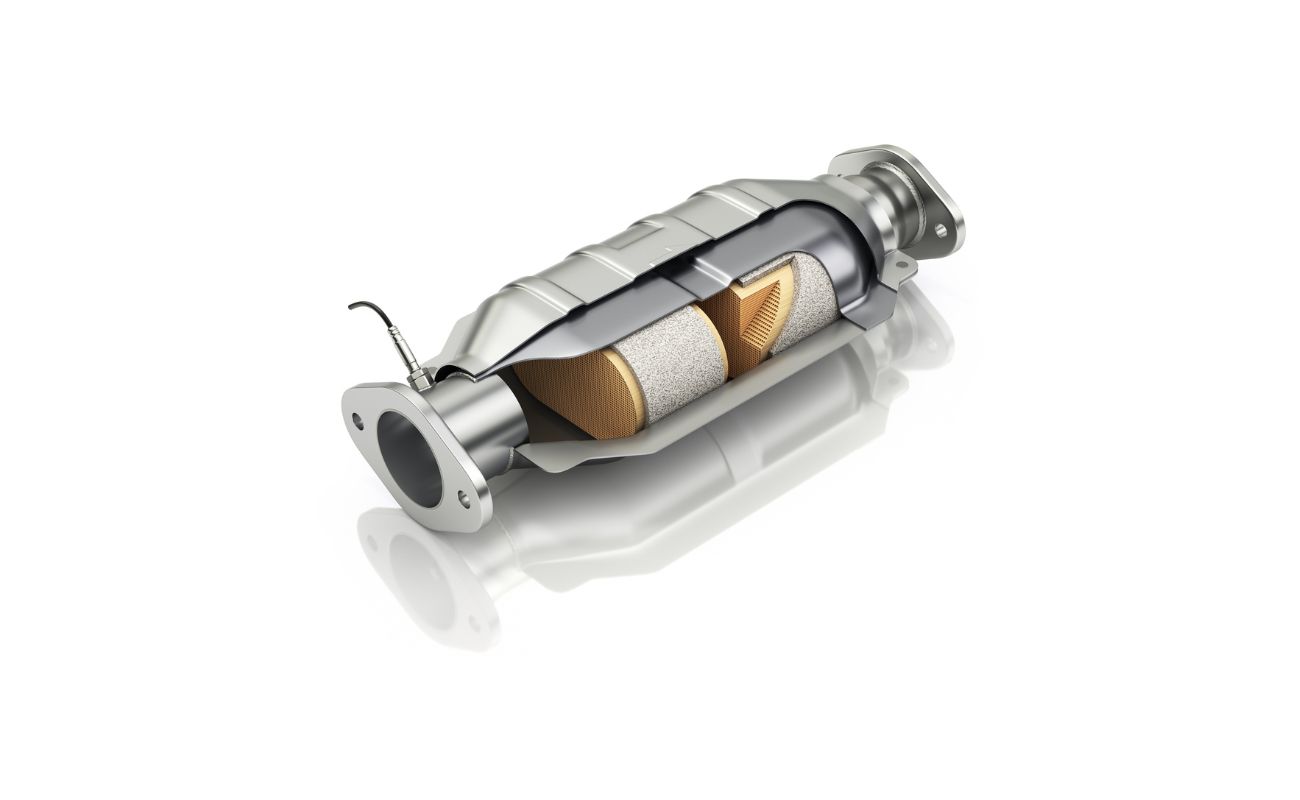

Home Maintenance
How Much Does Catalytic Converter Repair Cost
Modified: March 6, 2024
Get an estimate of catalytic converter repair cost for your home maintenance. Find out how much you may need to spend on fixing your catalytic converter.
(Many of the links in this article redirect to a specific reviewed product. Your purchase of these products through affiliate links helps to generate commission for Storables.com, at no extra cost. Learn more)
Introduction
Welcome to our comprehensive guide on catalytic converter repair cost. Is your car experiencing a decline in performance or strange emissions? If so, it’s possible that your catalytic converter may be damaged or in need of repair. In this article, we’ll explore what catalytic converters are, the signs of damage to look out for, common problems that can arise, factors that can affect repair costs, the average cost to repair a catalytic converter, and whether it’s best to attempt a DIY repair or seek professional help. We’ll also provide tips on how to prevent catalytic converter damage in the first place.
Before we delve deeper, let’s take a moment to understand the role of a catalytic converter in your vehicle’s exhaust system.
Key Takeaways:
- Catalytic converters reduce harmful emissions from cars. Signs of damage include check engine light, reduced performance, strange odors, and rattling noises. Prompt repairs are crucial to prevent further damage.
- DIY repairs can save costs, but professional mechanics offer expertise and warranties. Prevent damage by maintaining regular vehicle maintenance, using quality fuel, and avoiding overloading.
What is a Catalytic Converter?
A catalytic converter is an essential component of your vehicle’s exhaust system. It is responsible for reducing harmful emissions from the engine before they are released into the atmosphere. The catalytic converter contains a catalyst, usually made of platinum, palladium, and rhodium, which facilitates chemical reactions that convert harmful gases into less harmful ones.
When your car engine runs, it produces various gases, including carbon monoxide, nitrogen oxides, and hydrocarbons. These emissions are harmful to both the environment and human health. The catalytic converter acts as a filter, transforming these harmful gases into less harmful substances such as carbon dioxide, nitrogen, and water vapor.
The catalytic converter operates in two stages: the reduction stage and the oxidation stage. In the reduction stage, the catalytic converter reduces nitrogen oxides by converting them into nitrogen and oxygen. In the oxidation stage, it converts carbon monoxide and unburned hydrocarbons into carbon dioxide and water vapor.
Without a properly functioning catalytic converter, your vehicle would release excessive pollutants into the air, contributing to air pollution and violating emission standards. That’s why it is crucial to address any issues or damage to the catalytic converter promptly.
Now that we have a basic understanding of what a catalytic converter is, let’s move on to explore the signs that may indicate a problem with your catalytic converter.
Signs of Catalytic Converter Damage
Recognizing the signs of catalytic converter damage early on can help you save money and prevent larger issues down the road. Here are some common signs that may indicate a problem with your catalytic converter:
- Check Engine Light: If your vehicle’s check engine light turns on and stays on, it could be a warning sign of catalytic converter damage. However, it’s essential to note that other issues can trigger the check engine light as well, so it’s best to have a professional diagnose the problem.
- Reduced Engine Performance: If you notice a decrease in your vehicle’s acceleration, power, or overall performance, it could indicate a compromised catalytic converter. This is because a damaged converter restricts the flow of exhaust gases, reducing engine efficiency.
- Strange Odors: If you detect a strong smell of rotten eggs or sulfur coming from your exhaust, it may be a sign of catalytic converter damage. This smell occurs when the converter is unable to convert hydrogen sulfide gas into sulfur dioxide, resulting in the unpleasant odor.
- Excessive Exhaust Smoke: A malfunctioning catalytic converter can cause excessive smoke or unusual colors in your vehicle’s exhaust. Black smoke may indicate an overly rich fuel-air mixture, while blue smoke suggests burning oil, and white smoke could indicate coolant entering the combustion chamber.
- Rattling Noises: A damaged catalytic converter may produce rattling or rattling-like noises due to loose or broken internal components. If you hear any unusual sounds coming from your exhaust system, it’s worth having it inspected by a professional.
If you experience any of these signs, it is crucial to have your catalytic converter inspected and repaired by a qualified mechanic. Ignoring catalytic converter damage can lead to further damage to your engine and other components, resulting in more expensive repairs.
Next, let’s explore some common problems that can affect catalytic converters.
Common Catalytic Converter Problems
Despite their durability, catalytic converters can develop problems over time. Understanding these common issues can help you identify potential problems with your converter. Here are some common catalytic converter problems:
- Clogging: Over time, the catalytic converter can become clogged with debris, such as carbon deposits or unburned fuel. This can restrict the flow of exhaust gases, leading to reduced engine performance and increased emissions.
- Mechanical Damage: The catalytic converter can also suffer from physical damage, such as dents or cracks caused by road debris, speed bumps, or accidents. Mechanical damage can disrupt the flow of exhaust gases and compromise the converter’s ability to convert harmful emissions into less harmful ones.
- Poisoning: Catalytic converters use precious metals as catalysts to facilitate chemical reactions. However, these metals can be poisoned or contaminated by substances like lead, phosphorus, or silicone. Once poisoned, the converter’s efficiency decreases, and it may require replacement.
- Misfiring Engine: A misfiring engine can result in unburned fuel reaching the catalytic converter. This can cause the converter to overheat, leading to internal damage and reduced effectiveness.
- Excessive Heat: Excessive heat can cause the catalytic converter’s internal substrate (the structure that holds the catalyst) to melt or disintegrate. This can lead to blockages and reduced performance.
It’s important to address these issues promptly to prevent further damage to your vehicle’s exhaust system and to ensure that your vehicle remains compliant with emission standards. Regular maintenance and timely repairs can help prolong the lifespan of your catalytic converter and keep your vehicle running smoothly.
Now that we’ve explored some common catalytic converter problems, let’s move on to the factors that can impact the cost of catalytic converter repairs.
Factors Affecting Catalytic Converter Repair Cost
The cost of repairing a catalytic converter can vary depending on several factors. Understanding these factors can help you estimate the potential expenses involved in repairing or replacing your catalytic converter. Here are some key factors that can affect catalytic converter repair costs:
- Type of Damage: The extent and type of damage to your catalytic converter can greatly impact the repair cost. Minor issues like clogs or minor physical damage may only require cleaning or welding, which can be relatively inexpensive. However, severe damage or complete failure of the catalytic converter may require a full replacement, which can be more costly.
- Vehicle Make and Model: The make and model of your vehicle can influence the cost of catalytic converter repairs. Some vehicles may have catalytic converters that are more expensive to replace due to their specific design or the availability of replacement parts.
- Location: Repair costs can also vary depending on your location. Labor rates, taxes, and other factors can vary between regions or even individual service providers. It’s always a good idea to get multiple quotes from reputable mechanics in your area to compare prices.
- Replacement Parts: If your catalytic converter needs to be replaced, the cost will depend on the type of replacement part used. Original Equipment Manufacturer (OEM) parts tend to be more expensive, while aftermarket options can be more affordable. However, it’s important to consider the quality and reputation of the aftermarket parts to ensure they meet the necessary standards.
- Labor Costs: The labor costs associated with catalytic converter repair can vary depending on the complexity of the job and the hourly rates charged by the mechanic or repair shop. Additional factors such as the accessibility of the converter and the time required for the repair can also influence labor costs.
- Warranty Coverage: If your vehicle is still under warranty, some or all of the catalytic converter repair costs may be covered. It’s important to check your warranty details and consult with your vehicle manufacturer or dealership to determine if the repair falls under warranty.
It’s important to keep these factors in mind when estimating the cost of catalytic converter repair. Consulting with a trusted mechanic will provide you with a more accurate assessment of the repair cost based on your specific situation.
Next, let’s examine the average cost of catalytic converter repair to give you a general idea of the potential expenses involved.
When considering the cost of catalytic converter repair, it’s important to factor in the type of vehicle, the extent of damage, and the cost of parts and labor. It’s best to get multiple quotes from reputable mechanics to ensure you’re getting a fair price.
Read more: How Much Does Chimney Inspection Cost
Average Cost of Catalytic Converter Repair
The cost of catalytic converter repair can vary significantly depending on the factors mentioned earlier. However, to give you a general idea, the average cost of catalytic converter repair typically ranges between $500 and $2,500. This cost includes both labor and parts.
Minor repairs, such as removing clogs, fixing minor physical damage, or replacing smaller components, can be on the lower end of the price range. On the other hand, more extensive repairs or complete catalytic converter replacements can be on the higher end of the spectrum.
Keep in mind that these are rough estimates, and the actual cost can vary based on various factors, including the make and model of your vehicle, the severity of the damage, and labor rates in your area. It’s always a good idea to consult with a qualified mechanic or repair shop to get an accurate estimate tailored to your specific situation.
Furthermore, it’s important to consider the benefits of investing in a high-quality repair or replacement. While the initial cost may be higher, a well-functioning catalytic converter can improve your vehicle’s performance and fuel efficiency while reducing harmful emissions. Additionally, some repair shops may offer warranties on the parts or labor involved, providing you with added peace of mind.
Next, let’s explore the pros and cons of DIY repairs versus seeking professional assistance.
DIY vs Professional Repair: Pros and Cons
When it comes to catalytic converter repair, you have the option of either attempting a DIY (Do-It-Yourself) repair or seeking professional assistance. Both options have their own set of advantages and disadvantages. Let’s examine the pros and cons of each:
DIY Repair:
- Cost Savings: One of the main benefits of DIY repair is the potential cost savings. By performing the repair yourself, you can avoid labor costs associated with hiring a professional mechanic.
- Learning Opportunity: Repairing your catalytic converter on your own can be a valuable learning experience, allowing you to develop DIY skills and gain a deeper understanding of your vehicle’s exhaust system.
- Convenience: DIY repair offers convenience in the sense that you can choose when and where to work on your vehicle, without having to rely on the availability of a repair shop.
- Limitations: DIY repair may be suitable for minor repairs, such as removing a clog or replacing a small component. However, more complex repairs or complete catalytic converter replacements may require specialized tools, knowledge, and experience that a professional mechanic possesses.
- Risk of Error: Performing a DIY repair without proper knowledge and expertise can lead to mistakes or inadequate repairs, which can further damage your catalytic converter or other components of your vehicle’s exhaust system.
Professional Repair:
- Expertise and Experience: Professional mechanics have the training, expertise, and experience to accurately diagnose and repair catalytic converter issues. They are equipped with the necessary tools and knowledge to perform effective repairs.
- Warranty and Guarantees: Reputable repair shops often provide warranties on both the parts and labor involved in the repair. This ensures that you are covered in the event of any future problems.
- Time and Efficiency: Hiring a professional saves you time and effort since they can quickly diagnose and repair the issue. This is especially beneficial if you rely on your vehicle for daily transportation.
- Cost: The main drawback of professional repair is the potential cost. Labor rates and the cost of replacement parts can vary, and you may have to pay more compared to a DIY repair.
Deciding whether to opt for a DIY repair or seek professional assistance ultimately depends on your level of skill, knowledge, and comfort with performing automotive repairs. It’s important to evaluate the complexity of the repair, your access to tools and resources, and the potential risks involved. If you are unsure or inexperienced, it’s generally recommended to consult with a professional to avoid any costly mistakes or safety hazards.
Next, let’s explore some preventive measures to help you avoid catalytic converter damage in the first place.
How to Prevent Catalytic Converter Damage
Preventing catalytic converter damage is important to ensure the longevity and optimal performance of your vehicle’s exhaust system. Here are some preventive measures you can take:
- Maintain Regular Vehicle Maintenance: Follow the recommended maintenance schedule for your vehicle, including regular oil changes, tune-ups, and air filter replacements. Keeping your engine in good condition helps prevent issues that can lead to catalytic converter damage, such as misfiring or excessive fuel consumption.
- Use Quality Fuel: Using high-quality fuel can reduce the risk of contaminants and impurities reaching the catalytic converter. Avoid fueling up your vehicle with low-quality or contaminated fuel.
- Avoid Ignition and Fuel System Problems: Ignition system problems, such as faulty spark plugs or ignition coils, can cause misfires, which can damage the converter. Likewise, fuel system issues like fuel injector problems or a malfunctioning oxygen sensor can affect the air-fuel mixture, impacting the converter’s efficiency. Address any such problems promptly.
- Be Cautious of Off-Road Driving: Off-road driving, especially on rough terrain and uneven surfaces, can increase the risk of damage to the underside of your vehicle, including the catalytic converter. Drive cautiously and avoid excessive impact or contact with objects that can cause physical damage.
- Avoid Overloading: Overloading your vehicle with excessive weight can put strain on the engine and increase fuel consumption. This can lead to higher exhaust temperatures and potentially cause damage to the catalytic converter.
- Warm Up Your Engine: Allow your engine to warm up before putting it under heavy load or driving at high speeds. This helps ensure proper combustion and optimal performance, reducing stress on the catalytic converter.
- Monitor Fluid Leaks: Regularly check for and address any fluid leaks, such as engine coolant or oil leaks. These can contaminate the catalytic converter and affect its ability to function correctly.
- Protect Your Vehicle: Park your vehicle in a secure location to prevent theft or vandalism. Catalytic converters, especially those in older vehicles, contain precious metals that can make them a target for thieves looking to sell them for profit.
By implementing these preventive measures, you can reduce the risk of catalytic converter damage and prolong the lifespan of your exhaust system. However, if you do encounter any signs of damage or suspect an issue with your catalytic converter, it’s essential to have it inspected and repaired by a qualified mechanic.
Now, let’s summarize the key points we’ve covered in this guide.
Conclusion
In conclusion, understanding catalytic converter repair costs and taking preventive measures can help ensure the longevity and optimal performance of your vehicle’s exhaust system. You’ve learned that a catalytic converter plays a vital role in reducing harmful emissions, converting them into less harmful substances. Signs of catalytic converter damage include a check engine light, reduced engine performance, strange odors, excessive exhaust smoke, and rattling noises.
Common problems that can affect catalytic converters include clogging, mechanical damage, poisoning, misfiring engine, and excessive heat. The cost of catalytic converter repair depends on factors such as the type of damage, vehicle make and model, location, replacement parts, labor costs, and warranty coverage. On average, the cost can range from $500 to $2,500.
When it comes to repairs, you have the option of DIY or seeking professional assistance. DIY repairs can save costs and provide a learning opportunity, but may have limitations and carry the risk of error. On the other hand, professional repairs offer expertise, warranties, time efficiency, but can be more expensive.
Preventing catalytic converter damage is crucial, and you can achieve this by maintaining regular vehicle maintenance, using quality fuel, avoiding ignition and fuel system problems, being cautious during off-road driving, avoiding overloading, warming up the engine, monitoring fluid leaks, and protecting your vehicle from theft or vandalism.
By implementing these measures and promptly addressing any signs of damage, you can prolong the lifespan of your catalytic converter and ensure that your vehicle remains environmentally friendly and compliant with emission standards.
If you suspect any issues with your catalytic converter, it is always recommended to consult with a qualified mechanic or repair shop for an accurate diagnosis and professional repair.
We hope this comprehensive guide has provided you with valuable insights into catalytic converter repair costs, common problems, prevention methods, and the pros and cons of DIY versus professional repair. Remember to prioritize regular maintenance and take necessary precautions to protect your catalytic converter and keep your vehicle running smoothly for years to come.
Frequently Asked Questions about How Much Does Catalytic Converter Repair Cost
Was this page helpful?
At Storables.com, we guarantee accurate and reliable information. Our content, validated by Expert Board Contributors, is crafted following stringent Editorial Policies. We're committed to providing you with well-researched, expert-backed insights for all your informational needs.

